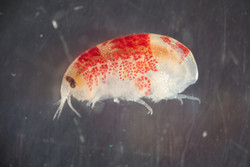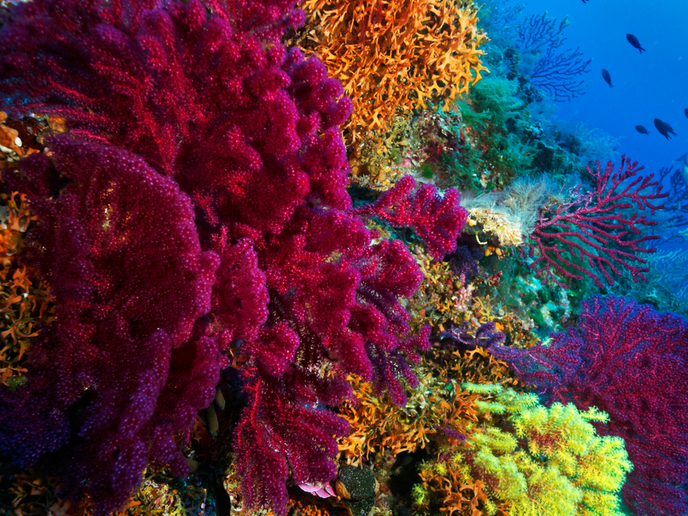The role of meiobenthos in marine ecosystems
The MESMEC(opens in new window) (Meiobenthos in shallow-water marine ecosystems: A monitoring, experimental and modelling study to understand shallow-water meiobenthic function in marine ecosystems and assess its economic value) project investigated the structure, diversity, function and importance of meiobenthos to better understand their role in marine ecosystems. Researchers used long-term monitoring to study the natural distribution patterns of meiobenthos. Laboratory experiments were conducted to assess the impact of changes on temperature, carbon dioxide and oxygen levels, and food. MESMEC integrated the results into coupled ecosystem models and determined the contribution of meiobenthos to ecosystem functioning. The team also calculated the current and future contribution of meiobenthos to the socioeconomic value of coastal ecosystems. Analysis of samples collected off the south-west coast of England revealed a close relationship between productivity in surface waters and meiobenthic diversity, and seasonal phytoplankton blooms. This close relationship between surface of the sea and the seafloor has implications for the development of ecosystem models. It will help scientists to better predict changes in biodiversity and ecosystem functioning in the face of climate change. Experiments were conducted to determine the impact of ocean acidification on meiobenthos at the end of the 21st century. Results indicate that there would be a minor but detectable impact on meiobenthic abundance and community composition. Short-term (two weeks) exposure to ocean acidification indicated that meiobenthos are able to cope with the changes, without high mortality or changes to diversity or composition. Longer-term exposure (10 weeks) affected most if not all aspects of meiobenthic communities. Increased temperature affected meiobenthic communities and added to the negative effects of ocean acidification. MESMEC resulted in innovative marine ecosystem research that will provide opportunities for development of the meiobenthic research group at Plymouth Marine Laboratory. It also made a significant contribution to European marine management with regard to the objectives of the EU Marine Strategy Framework Directive (MSFD).







